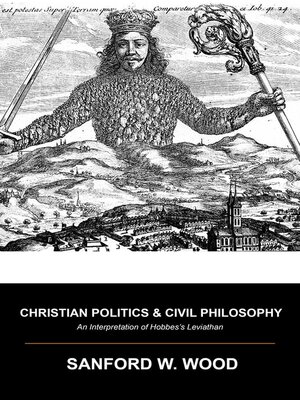
Sign up to save your library
With an OverDrive account, you can save your favorite libraries for at-a-glance information about availability. Find out more about OverDrive accounts.
Find this title in Libby, the library reading app by OverDrive.



Search for a digital library with this title
Title found at these libraries:
| Library Name | Distance |
|---|---|
| Loading... |
Hobbes takes the low view of human nature. He depicts most men as mean, petty, and fearful. He also rejects the traditional view that morality is the pursuit of certain gods that are objective. By contrast, Hobbes says that all goods are relative, and thus that all obligations must be self-imposed. He also claims that no man can have a duty to do anything for which he does not have a sufficient motive. On this basis he constructs a political doctrine of absolute sovereignty as the most reliable method of satisfying the human need for security and comfort. The distinction between Christian politics and civil philosophy is based on Hobbes's recognition of two independent and complementary sources of truth, divine revelation and natural reason.







